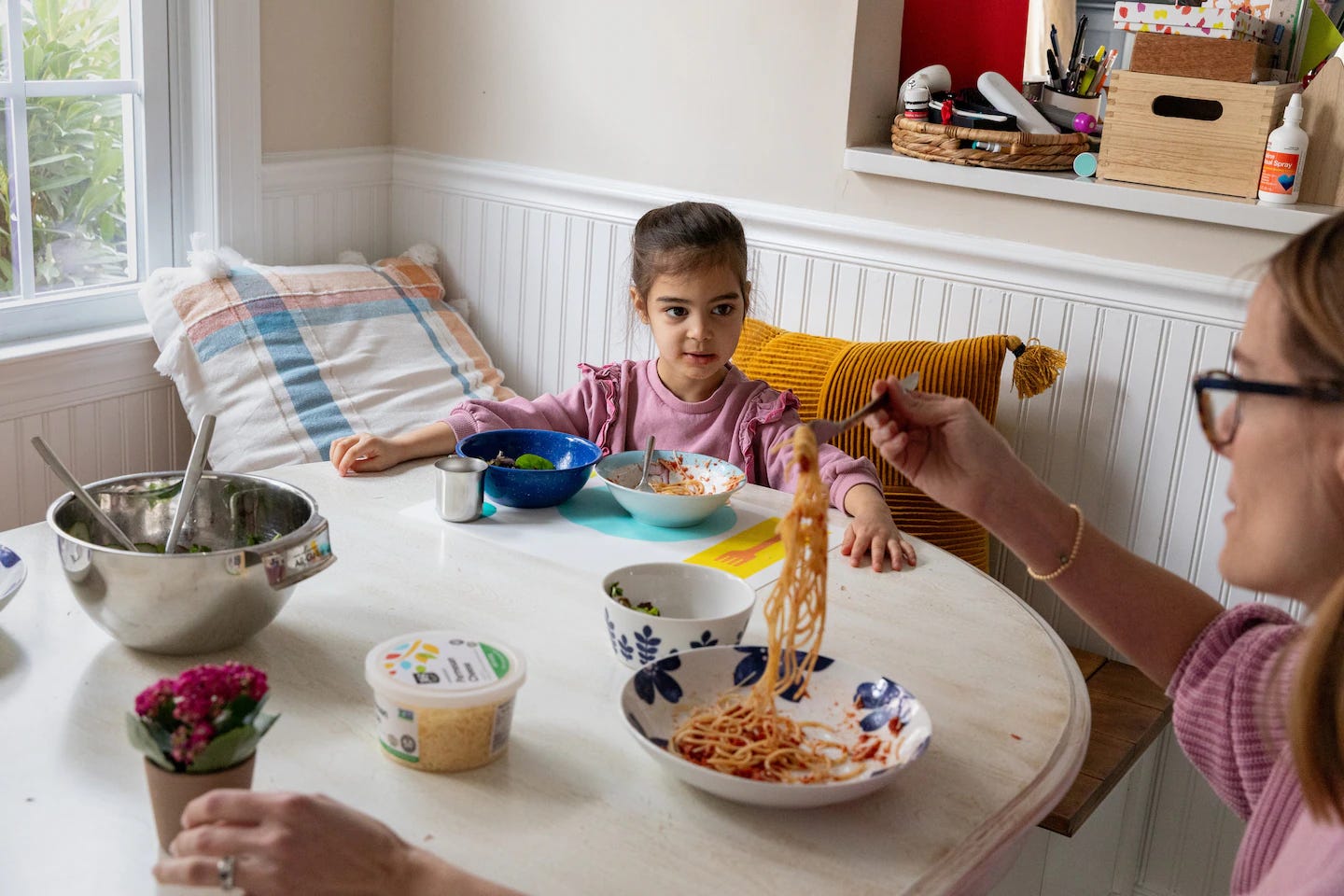Silicon Valley's Shadow System of DIY Medical Tests.
Buoyed by regulatory vacuums, Silicon Valley is building a booming online wellness market that aims to leave the doctor’s office behind.
Adapted from an article by By Elizabeth Dwoskin, Daniel Gilbert, and Tatum Hunter in ‘The Washington Post’. The Patanjali paras are our own.
June 9, 2024, at 6:02 a.m. EDT
A Desperate Search for Answers
Angelika Sharma was at her wit's end. Her six-month-old daughter, Annika, was experiencing severe reactions to basic first foods, leading to repeated hospital visits. After numerous consultations with pediatric specialists who largely dismissed her concerns, Sharma decided to leave her job to care for Annika full-time.
The Silicon Valley Solution
After a year and a half of frustration, Sharma found hope in a Facebook ad for Tiny Health, a Silicon Valley start-up offering gut microbiome testing. Using a stool sample from Annika, the company identified an overgrowth of P. vulgatus bacteria in her gut. With recommendations from the company nutritionist, including probiotics and exposure to animal microbes, Annika's condition improved dramatically.
The Rise of DIY Medical Testing
Sharma's experience is part of a growing trend where patients bypass traditional medical routes for DIY medical tests. Silicon Valley start-ups now offer tests for various conditions, from food sensitivities to hormone levels, driven by a growing distrust of conventional medicine and the increased comfort with home-testing post-Covid.
A Parallel Medical Ecosystem
The home diagnostics market, valued at $5 billion annually, is projected to nearly double by 2032. Start-ups envision a future where frequent at-home testing becomes routine, empowering individuals to take charge of their health. This shift is seen as a response to gaps in the traditional medical system, particularly for those feeling neglected by conventional healthcare providers.
The Doctor's Dilemma
While the DIY testing boom is celebrated by some as a way to democratise healthcare, many doctors are wary. They warn of the risks of misdiagnosis, delayed treatment, and the spread of unproven remedies. The lack of regulation for many of these tests, which often fall into a grey area between wellness and medicine, exacerbates these concerns.
The Regulatory Landscape
The U.S. Food and Drug Administration (FDA) generally reviews medical tests but does not supervise "wellness" tests marketed directly to consumers. Some companies exploit this regulatory gap, with some allegedly evading FDA oversight entirely. This has led to calls for stricter regulations to ensure consumer safety.
The Role of Social Media
Social media platforms play a significant role in promoting DIY medical tests. Influencers, often partnering with start-ups, endorse these products to their followers, fuelling the market. However, this has also led to misinformation, with some influencers promoting tests that lack scientific backing, leading to potential harm.
Balancing Innovation and Safety
The FDA is beginning to respond to the burgeoning DIY testing market with new rules to hold lab-made tests to conventional standards. This move aims to balance innovation with consumer safety, addressing concerns about the accuracy and reliability of these tests.
The Path Forward
Despite regulatory efforts, the DIY testing market shows no signs of slowing down. Investors and entrepreneurs continue to push the boundaries, driven by a desire to offer solutions where traditional medicine has fallen short. As the medical system evolves, there remains a cautious optimism that a balance can be struck, ensuring that innovation does not come at the cost of safety.
Regulatory Challenges and Misleading Advertisements in India
Patanjali Ayurved, a major Indian consumer goods company co-founded by yoga guru Baba Ramdev, has been at the centre of controversy for misleading advertisements about its Ayurvedic products. The company has claimed its products can cure severe diseases such as cancer, diabetes, heart disease, blood pressure issues, and even COVID-19, without sufficient scientific evidence. In 2022, the Indian Medical Association (IMA) filed a case against Patanjali in the Supreme Court, accusing the company of violating the Drugs and Magic Remedies Act of 1954 with its false claims. The Apex Court ordered Patanjali to cease making such claims and to stop publishing misleading ads.
Legal Battles and Consumer Trust
Despite the Supreme Court's order, Patanjali continued to broadcast controversial ads in newspapers, TV, radio, and at Baba Ramdev's yoga workshops. In early 2024, the Supreme Court issued contempt notices to Ramdev and Patanjali's managing director Acharya Balkrishna for defying its previous order. In April 2024, the Supreme Court rejected an "unconditional apology" from Patanjali, criticising the company, Ramdev, the Uttarakhand Government, and licensing authorities for their inaction against misleading ads. The Supreme Court expressed serious concerns about Patanjali exploiting consumer trust and posing public health risks with dubious products and poor manufacturing practices. Experts argue that while the Court's intervention is welcome, it comes too late, given Patanjali's long history of false claims promoting its products over conventional medicine.
Cautious Optimism for the Future
As the DIY medical testing and medication industry grows, it brings both promise and peril. The potential to empower individuals with accessible health tools is immense, yet the risks of unregulated tests and misinformation are significant. Striking a balance between innovation and safety is crucial, especially in a diverse country like India, where traditional medicine and modern healthcare intersect. With careful oversight and stringent regulation, this burgeoning field could revolutionise healthcare, offering hope to those left behind by conventional medicine while ensuring consumer protection and maintaining public trust.
If you believe this article would interest someone you know, please feel free to share it anonymously (for us), using any medium you prefer.




